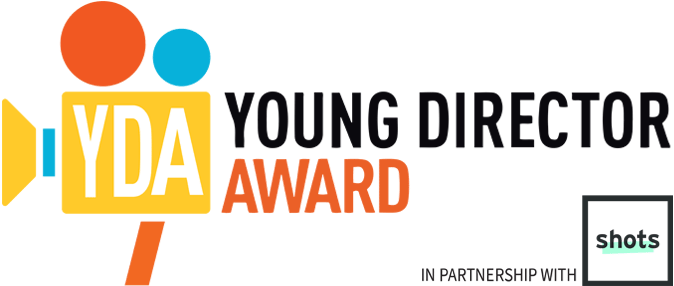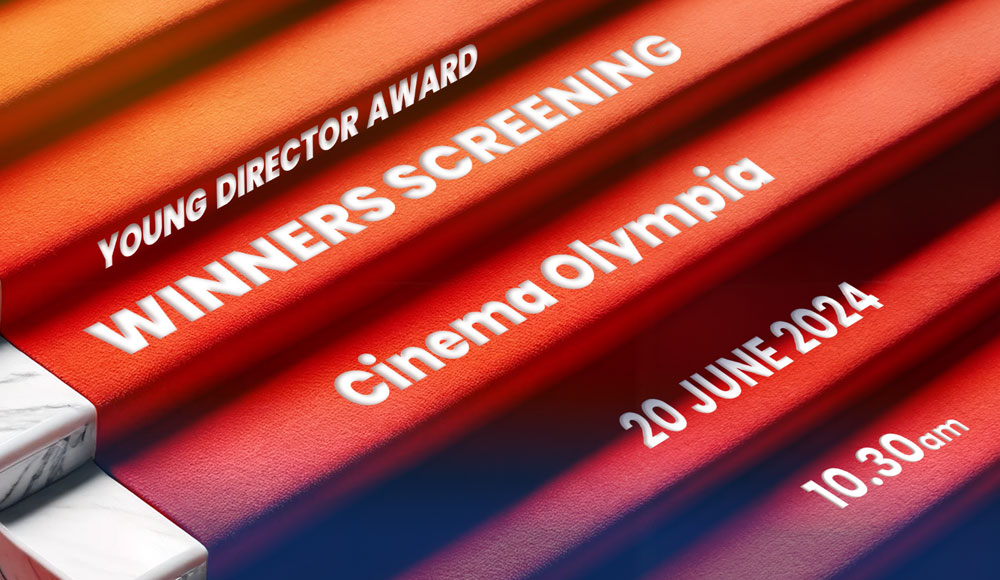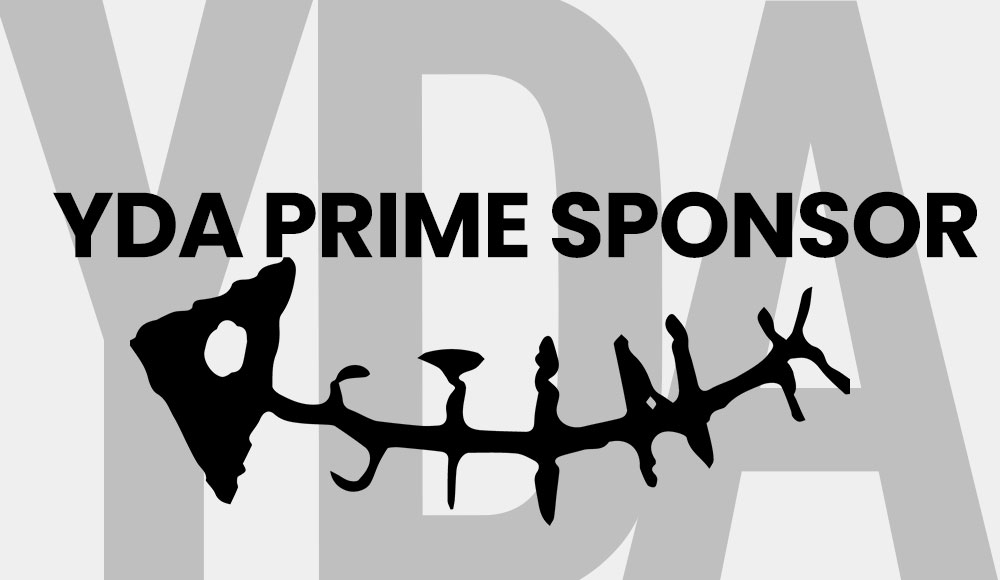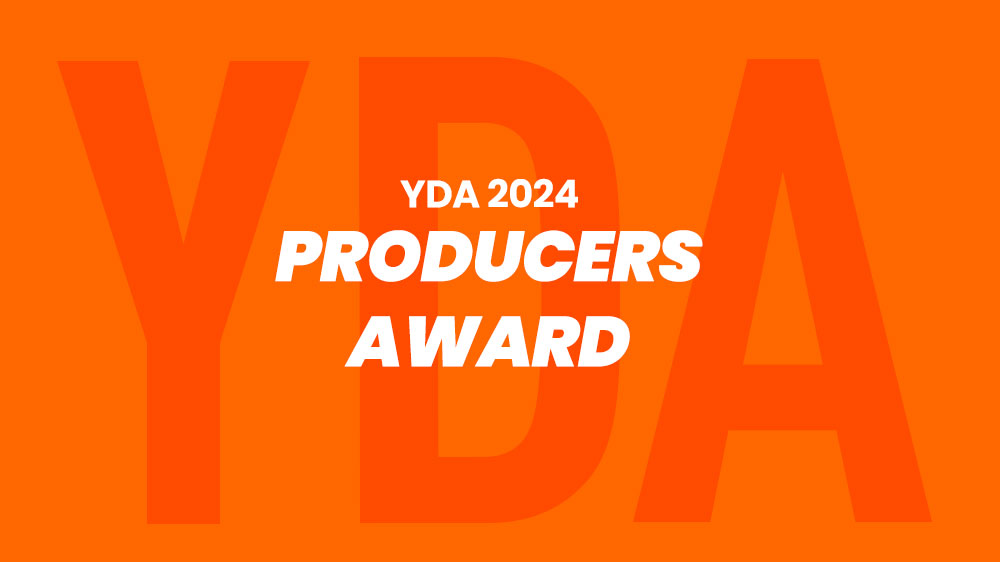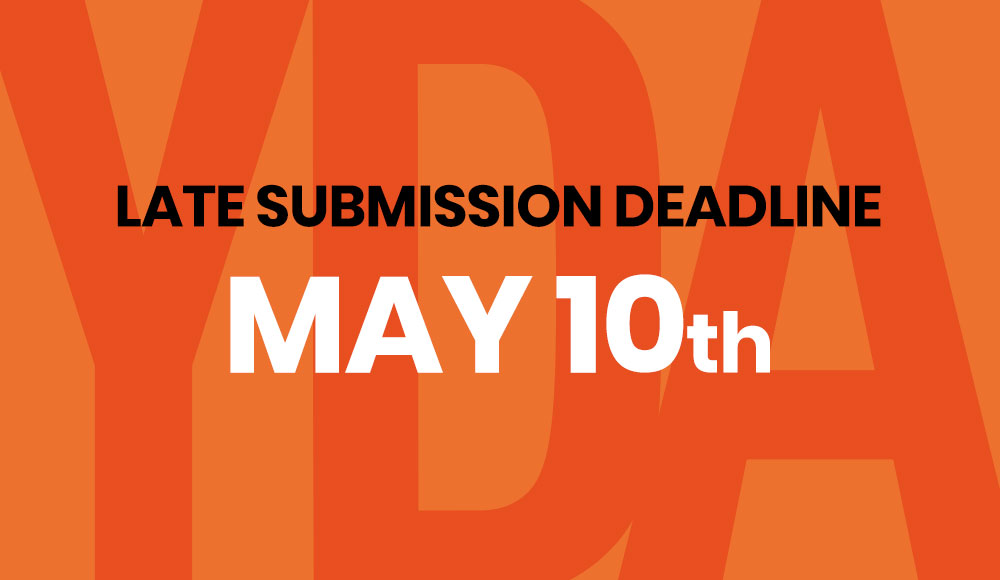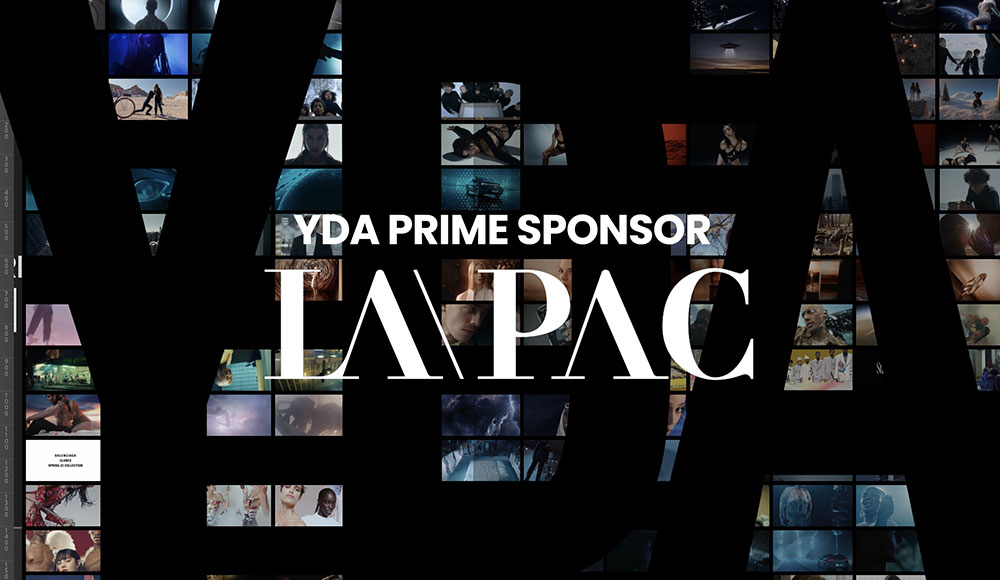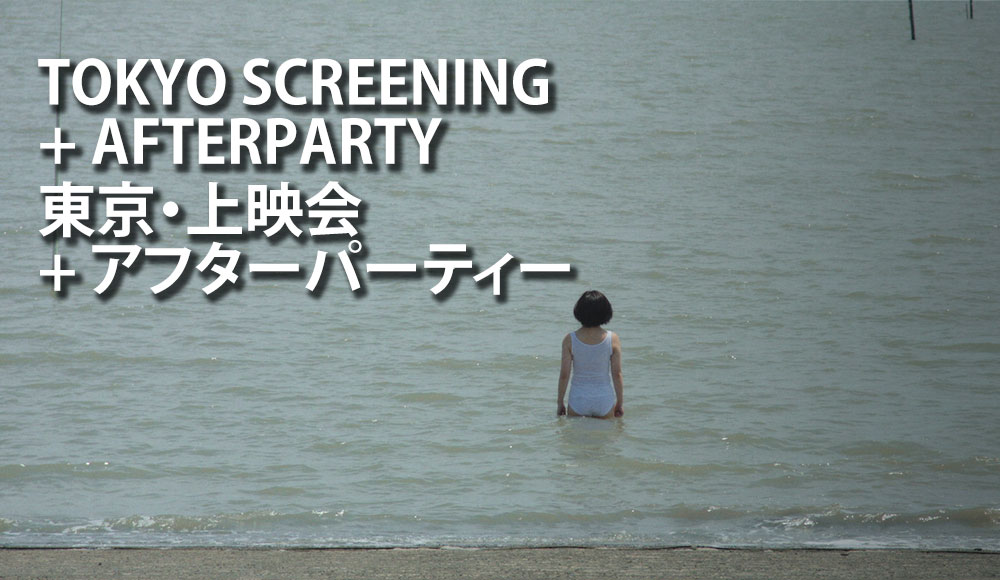Ian Robertson won the top prize for animation this year at YDA in Cannes with his hugely popular stop-frame film Get By for the band Delta Heavy. In response to several requests we asked Ian about the making of his animation but first we wanted to know if there had been any impact from his win.
I wasn’t in Cannes sadly, I was stuck working in rainy Glasgow.
Winning the first place animation prize at YDA for ‘Get By’ was a total honour, especially as the standard of work was exceptionally high (I saw the winning YDA reel at Soho Shorts). The film was made on a small budget with lo-fi equipment in my mum’s barn, so it’s great that YDA appreciate projects of a more modest scale. This is encouraging for other young directors.
Since the award I’ve had a handful of production companies contact me, which has opened a lot of doors. It’s hard to get the attention of production companies, so I’m grateful that the YDA seems to be so highly regarded in the industry.
Brief summary of you from there to here please.
I’m a recent Film Studies graduate from Glasgow University freelancing in Glasgow and London, mainly making behind-the-scenes featurettes for feature films. I also make short films and stop-motion treats.
How did your video Get By for Delta Heavy come about?
I was put in touch with Delta Heavy via a mutual friend. I pitched an idea for their track ‘Hold Me’ but there wasn’t enough time to make a stop-motion so we made sure there was plenty of lead-up time for their next single ‘Get By’. Delta Heavy wanted a film with a nostalgic tone to suit the 90s dance music vibes in the track so I thought it would be fun to equalise classic board games. They liked the concept and we went straight into production.
Can you tell us please about the process of the production and the main challenges?
Making the film took eight weeks, with 32 days animating. Each equaliser sequence took 1-2 days to plan and animate. The schedule was very tight so the days were long and there was little room for error. The Rubik’s Cube sequence was particularly challenging. Firstly, it was by far the most expensive six seconds in the film. Secondly, it took a bloody age! Luckily I had two Rubik’s Cube fanatics on hand to help solve the 80 cubes. Each frame took 45-60 minutes to reset, and the whole sequence took three people about 12 hours to animate. Gruelling!
What are you up to now?
I’m currently working on behind-the-scenes featurettes and looking for my next music video commission. I’d like to do a live-action music video before I find myself locked in a dark basement doing stop-motion for the rest of my life!
LINK: www.irobertson.co.uk
